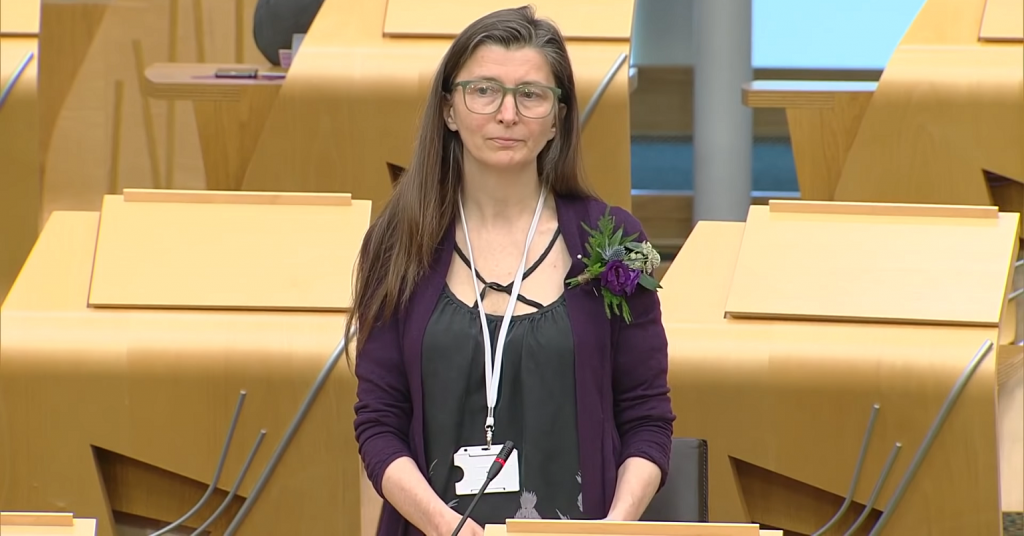Will Brexit be a disaster for Scotland’s environment?

Scotland’s natural environment has benefited enormously from European environmental policies, which have helped us achieve, among other things, cleaner rivers, cleaner beaches, cleaner drinking water, and effective protection for some of our most precious habitats and wildlife. So will Brexit wipe out decades of progressive legislation, leaving Scotland open to pillage and plunder?
It depends on what the Scottish Government does next. Given its vociferous opposition to Brexit, you might think the government at Holyrood would do everything in its power to mitigate the worst effects of the decision to leave the EU. But when it comes to the environment, it’s unclear whether the government will commit itself to action of sufficient strength to meet the danger posed by the UK’s departure.
A massive 80 per cent of Scotland’s environmental protections stem from EU membership. Realising the potential for a legislative void, 35 of Scotland’s environmental charities have launched Fight for Scotland’s Nature, a campaign calling for a Scottish Environment Act to maintain and build upon crucial EU protections. We want an Act that does three key things:
- Embed EU environmental principles in Scots law
- Create an independent watchdog to enforce environmental protections
- Set clear targets for environmental protection alongside adequate financial resources
Legal principles
European environmental policy is underpinned by key legal principles which have had a huge impact on how Scotland approaches environmental policy-making. The ‘precautionary principle’, for example, means that if there are reasonable grounds for concern that something is harming or could harm the environment, government should take action, even if the degree of risk is unclear. This has helped Scotland ban GM crops, block fracking, and set world-leading climate targets. It also made possible the EU-wide ban on neonicotinoids.
Encouragingly, Environment Secretary Roseanna Cunningham has often stated her support for the EU’s legal principles. But current government proposals give little detail on how they should be applied, and indeed suggest that only government ministers need take heed of them, rather than all public bodies. So there’s a danger we might end up retaining these essential principles in name only, and that they’ll be easily ignored.
Where’s the watchdog?
Perhaps the most glaring environmental loss on exiting the EU, and the most worrying in terms of democratic accountability, will be the loss of the oversight and enforcement roles of the European Commission, European Court of Justice and other EU bodies. These institutions have played an invaluable role in holding governments to account and giving the public a voice on environmental matters.
Action by citizens and charities led to the European Commission taking the UK government to the European Court of Justice for failing to keep air pollution within legal limits in cities and towns across the country. The government could face substantial fines as a result. And a complaint to the European Commission over the lack of protection for the harbour porpoise led to the UK and Scottish governments together proposing six new protected areas for the UK’s smallest cetacean.
Despite acknowledging the gaping hole that will be left by these EU bodies, the Scottish Government hasn’t said much about how the hole might be filled. It remains to be seen whether the government has the courage to create an environmental watchdog that has the power, the resources and the independence to effectively police it, the government.
Opportunity
Legally binding EU targets have been instrumental in driving up our environmental standards, for example the quality of Scottish beaches and drinking water. Failure to meet EU targets can have significant consequences for governments, as in the example of air quality mentioned above. Again, it is not yet apparent whether the Scottish government will be brave enough to make commitments it will have to meet, or otherwise risk a legal challenge.
Following a lot of pushing by Scotland’s environmental organisations, the Scottish government has launched a consultation on the future of environmental principles and governance in Scotland, open until 11 May. While this is a welcome move, the consultation documents tell us little beyond government ministers’ previously stated intentions. But it does provide an important opportunity for people and organisations to urge the government at Holyrood to move forwards instead of backwards on environmental protection.
Please sign the Fight For Scotland’s Nature petition for a Scottish Environment Act before 11 May.
Miriam Ross works for Scottish Environment LINK, the forum for Scotland’s voluntary environmental organisations. She is coordinator of the Fight For Scotland’s Nature campaign.




Leave a Reply